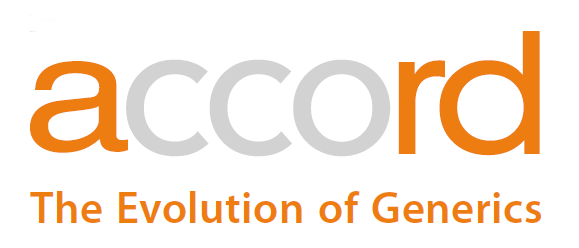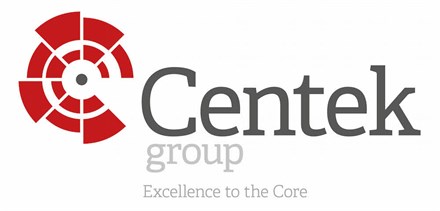Why is talent management so important? Talent management is very important for a number of reasons. Talent Management is about people – without people your organisation would not exist. It’s also the biggest investment in an asset an organisation makes year in, year out (check out your annual salary bill). You have to understand where the strengths and weaknesses of your employees lie in order to ensure they are correctly deployed across the business.
Identifying where the promising talent lies allows a company to plan ahead and nurture staff so their personal development is serving organisational development – with both benefiting.
What are the main challenges organisations face in managing talent effectively? The biggest challenge is taking it seriously and giving it time and resource! What’s your vision? How will that be implemented? What are the key results we need along the way? What are the key behaviours? This needs to be clearly articulated. Then think about the people you need to deliver on the promise and how you are going to identify them and nurture them. Who are the emerging leaders? Who are specialists? Who are high-impact performers? This all takes time and resource.
The other challenge is to have a truly collaborative dialogue with your people. Some organisations fear such an open dialogue. By not talking about career plans with an individual does not mean that they do not exist.
Talent management is about planning ahead and deciding how people need to develop to meet evolving personal and business needs and objectives.
Talent management must also be proactive, you can’t assume that talented people will naturally flourish or succeed without assistance.
The company has to support the development of its entire staff and not leave others behind or they won’t get the full support of their workforce.
What does an effective talent management programme look like? An effective talent management programme should have a structured flow to it. A pipeline of talent.
It should begin by defining talent – based on the organisations strategic imperatives – it has to be your definition of talent as required by the business and its customers. Not talent defined by others – for example, the latest business tome or even by what competitors are doing. This will help in you having a truly differentiated position in the market. And for that, you need to lead, not lag. identifying the talent. This will involve proper assessment before they join company.
From there, you need to ‘fish’ in the most likely pool of that talent, selects the best fits in that pool, place them in the right position and appraise them continually as they are fulfilling their work so you are keeping on top of individuals and identifying those who are excelling and those who need extra help.
The environment that should be created is one where individuals see the development process in front of them. Most people do want to develop so discussing
Do I Need to Manage Talent?
their career progression plans with them is paramount. Too often, the conversations about a person’s development are taken away from them for others to decide on.
What role should learning and development play in it? Learning and development must play a central role in talent management because it’s all very well identifying talent, however you must invest in it.
Learning and development have to be the support mechanism in fulfilling the vision, the raison d’etre of the organisation – and that will only happen through people. People who are Learning and Developing and fulfilling their vision, their raison d’etre.
There is plenty of unfulfilled talent the world over that just requires investment in order to be realised.
And we don’t mean throw any old training at them.
At gofastforward we insist on serious questions about performance and potential. We see ourselves as fulfilling the role of ‘critical friend’ to help the individual and the organisation get from where they are – to where they want to be. Honest conversation, real engagement at an individual level with regular, ongoing feedback to assess performance and identify and gaps that need filled.
What role should the L&D team/manager play in it? A manager should be a facilitator for development first and foremost, and second they should want to develop staff so that they are better than them.
It is prevalent in middle management that people are scared of bringing on staff too much in case it highlights their own skills shortages or compromises their position. This is a no-win game to play for a business.
An organisation needs to be constantly checking its talent pipeline for pressure points that are limiting the flow.
Leaders and Managers across the organisation need to provide a climate where people can flourish and support and motivate staff.
For more information on how we can help you, please contact us on 0131 220 1180 or email us on info@gofastforward.co.uk. While you are here, please also take a look at our other training courses we offer.
































